An exceedingly well-documented and poignant Great War group of three awarded to 2nd Lieutenant W. H. Blades, The Rifle Brigade, late Honourable Artillery Company (Infantry), who was killed in action in May 1917 1914-15 Star (4130 Pte., H.A.C.); British War and Victory Medals (2 Lieut.), in their card forwarding boxes and registered envelope, virtually as issued (3) £2000-3000 Footnote William Henry “Harry” Blades was born in September 1897 and was employed as a clerk at a bank in Kensington on the outbreak of hostilities in August 1914. Having then considered the merits of whether to apply for a commission, and indeed which regiment to join, he attested in the Honourable Artillery Company (H.A.C.) in August 1915, and was embarked for France as a Private in ‘C’ Company, 3rd H.A.C. Infantry Battalion, at the end of the year. For the first few months his unit was employed on garrison duty at St. Omer, but by the summer of 1916, his letters home reveal service of a more active nature on the Somme: ‘We are getting ready to spend the next few days in a manner not at all comfortable and free from care. I never knew I was so fond of life until recently, when there seemed a chance of losing it ... It seems absolutely absurd to think so many men should be formed up along the line trying to kill each other; and the sun shining overhead, birds singing and green woods in the distance ... The trench mortars are one of the most worrying inventions. They are fired from the trenches, and go high up into the air, dropping somewhere near the trench. You can see them dropping and have to run up and down dodging them, which might be quite interesting if the things didn’t explode with such force.’ Shortly after these operations, Blades applied for a commission and was despatched to a Cadet School, but fell ill with jaundice. It was not, therefore, until February 1917 that he was finally appointed a 2nd Lieutenant in the 8th Battalion of his favoured regiment - the Rifle Brigade. And towards the end of the following month, his unit moved up to the front line: ‘Things are not so pleasant now; and in a few hours we shall be in the trenches, some of the many Fritz has presented us with. If they are the same as the villages he has left, he can keep them. I have just seen one of them, and it is as desolate a sight as one can imagine - not a vestige of a building - just a gate or railings here and there ... It is awfully noisy here ... This morning we had a unique and rather touching sight of an aeroplane catching fire. The pilot lived to reach the ground, but gradually the flames gained until the plane shrivelled up and dropped. We could see the pilot throw himself out ... My respect for the Church of England has gone; and with the influence of the War, I have become materialistic - everything is chance. If you and a shell arrive at the same place together, that is chance.’ At long last, for he had not been home to Gateshead since he had been embarked for France at the end of 1915, Blades was given 10 days leave at Easter 1917 - ‘I am glad I had leave,’ he wrote on returning to his unit, ‘It won’t be quite so bad now I have seen everybody I wanted to.’ Just a few days later, on 3 May, he led his men over the top in a dawn attack near Cheresy. On the 7th, his Company Commander, Captain W. A. Crebbin, wrote to his father: ‘It is with great regret that I have to inform you that your son is wounded and missing. Much as I should like to, I’m afraid I can’t give you any hope for his safety. The Battalion went into action on May 3rd and shortly after we advanced your son was wounded: one of my stretcher bearers bound up his wounds but the stretcher bearer informed me that Blades had been grievously wounded and that there was very little chance of his living. The enemy counter attacked us heavily after our advance and we had to return to our original line and we were unable to get further information concerning your son. To be quite candid, though I hate being s
An exceedingly well-documented and poignant Great War group of three awarded to 2nd Lieutenant W. H. Blades, The Rifle Brigade, late Honourable Artillery Company (Infantry), who was killed in action in May 1917 1914-15 Star (4130 Pte., H.A.C.); British War and Victory Medals (2 Lieut.), in their card forwarding boxes and registered envelope, virtually as issued (3) £2000-3000 Footnote William Henry “Harry” Blades was born in September 1897 and was employed as a clerk at a bank in Kensington on the outbreak of hostilities in August 1914. Having then considered the merits of whether to apply for a commission, and indeed which regiment to join, he attested in the Honourable Artillery Company (H.A.C.) in August 1915, and was embarked for France as a Private in ‘C’ Company, 3rd H.A.C. Infantry Battalion, at the end of the year. For the first few months his unit was employed on garrison duty at St. Omer, but by the summer of 1916, his letters home reveal service of a more active nature on the Somme: ‘We are getting ready to spend the next few days in a manner not at all comfortable and free from care. I never knew I was so fond of life until recently, when there seemed a chance of losing it ... It seems absolutely absurd to think so many men should be formed up along the line trying to kill each other; and the sun shining overhead, birds singing and green woods in the distance ... The trench mortars are one of the most worrying inventions. They are fired from the trenches, and go high up into the air, dropping somewhere near the trench. You can see them dropping and have to run up and down dodging them, which might be quite interesting if the things didn’t explode with such force.’ Shortly after these operations, Blades applied for a commission and was despatched to a Cadet School, but fell ill with jaundice. It was not, therefore, until February 1917 that he was finally appointed a 2nd Lieutenant in the 8th Battalion of his favoured regiment - the Rifle Brigade. And towards the end of the following month, his unit moved up to the front line: ‘Things are not so pleasant now; and in a few hours we shall be in the trenches, some of the many Fritz has presented us with. If they are the same as the villages he has left, he can keep them. I have just seen one of them, and it is as desolate a sight as one can imagine - not a vestige of a building - just a gate or railings here and there ... It is awfully noisy here ... This morning we had a unique and rather touching sight of an aeroplane catching fire. The pilot lived to reach the ground, but gradually the flames gained until the plane shrivelled up and dropped. We could see the pilot throw himself out ... My respect for the Church of England has gone; and with the influence of the War, I have become materialistic - everything is chance. If you and a shell arrive at the same place together, that is chance.’ At long last, for he had not been home to Gateshead since he had been embarked for France at the end of 1915, Blades was given 10 days leave at Easter 1917 - ‘I am glad I had leave,’ he wrote on returning to his unit, ‘It won’t be quite so bad now I have seen everybody I wanted to.’ Just a few days later, on 3 May, he led his men over the top in a dawn attack near Cheresy. On the 7th, his Company Commander, Captain W. A. Crebbin, wrote to his father: ‘It is with great regret that I have to inform you that your son is wounded and missing. Much as I should like to, I’m afraid I can’t give you any hope for his safety. The Battalion went into action on May 3rd and shortly after we advanced your son was wounded: one of my stretcher bearers bound up his wounds but the stretcher bearer informed me that Blades had been grievously wounded and that there was very little chance of his living. The enemy counter attacked us heavily after our advance and we had to return to our original line and we were unable to get further information concerning your son. To be quite candid, though I hate being s
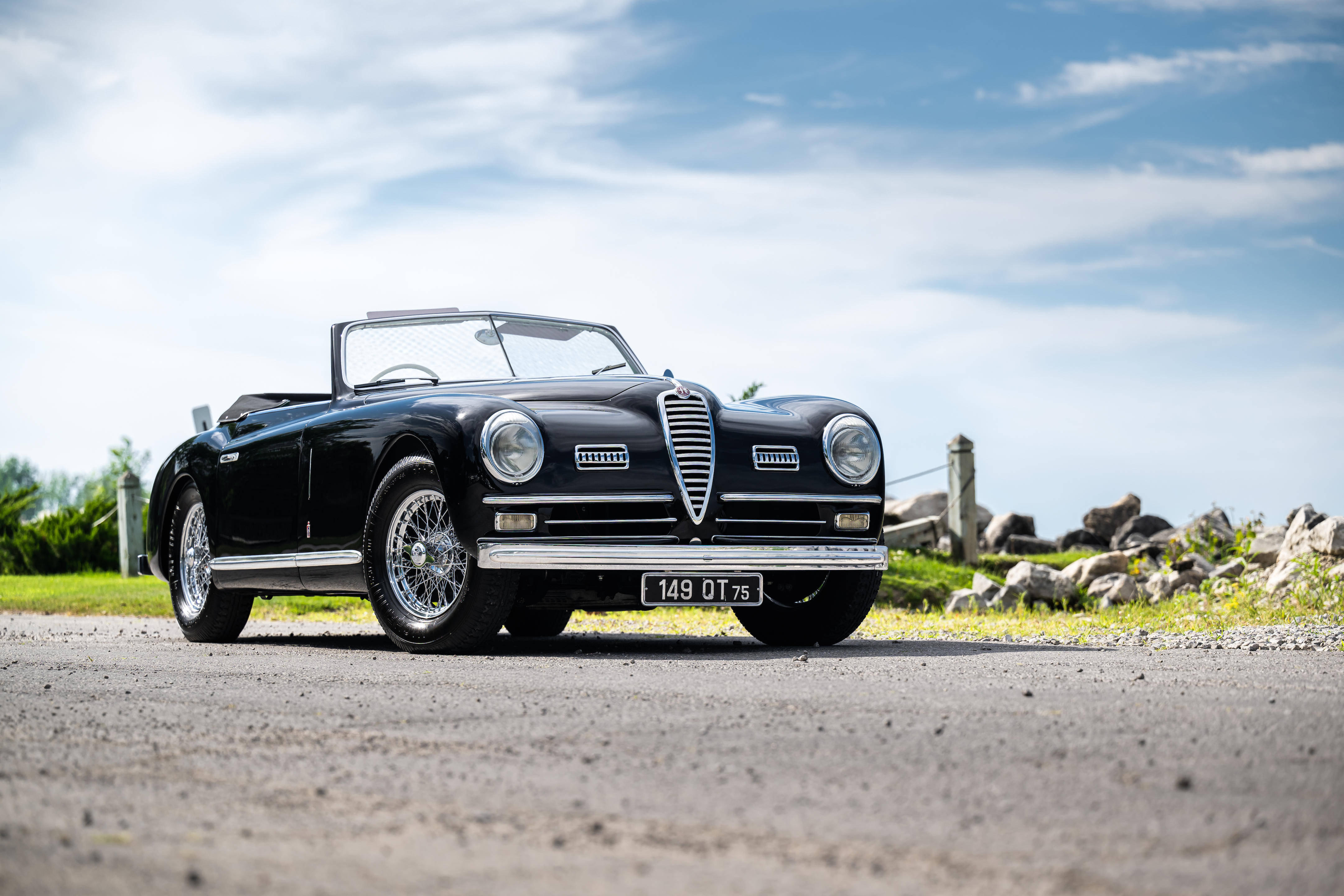

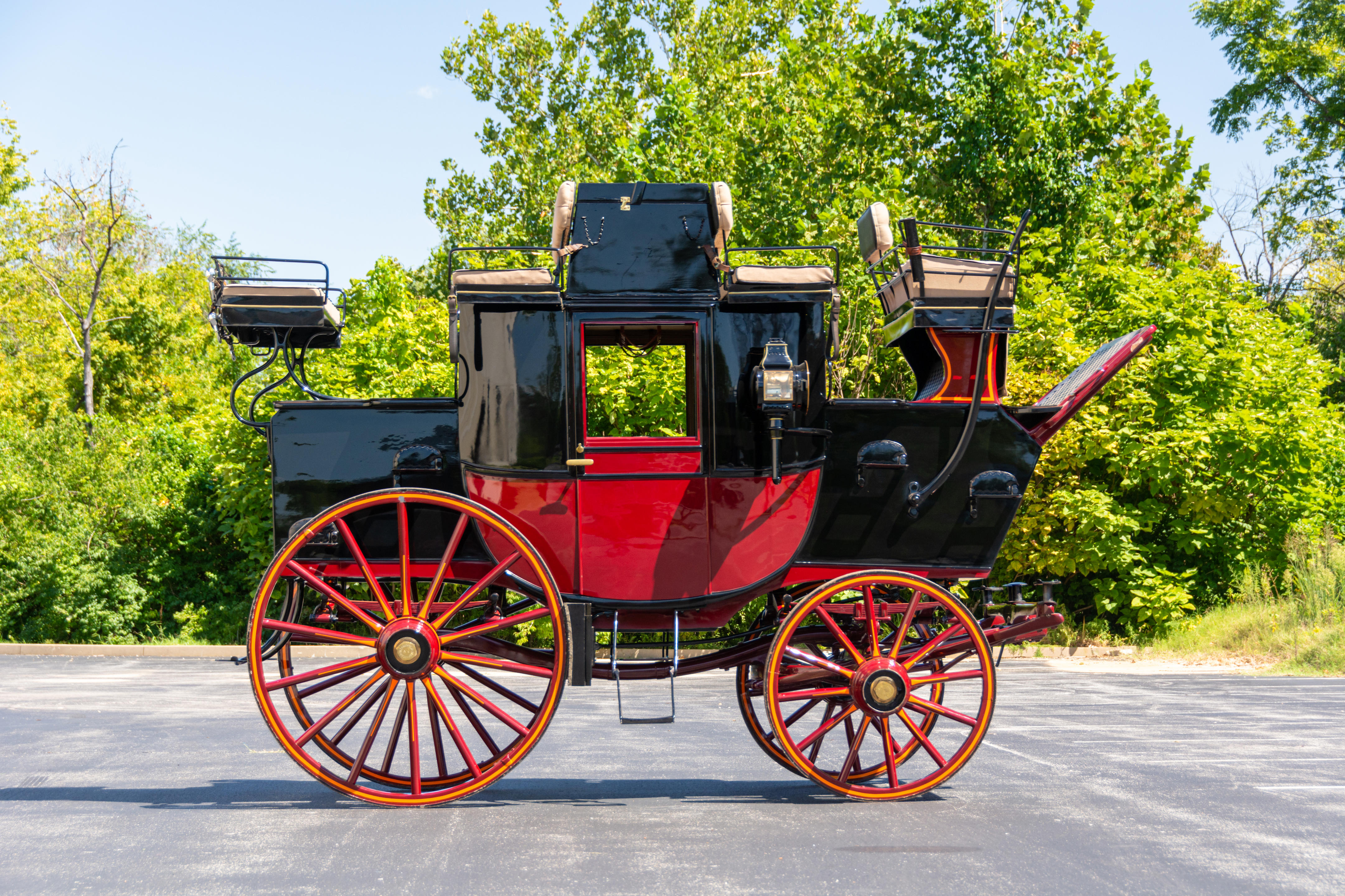

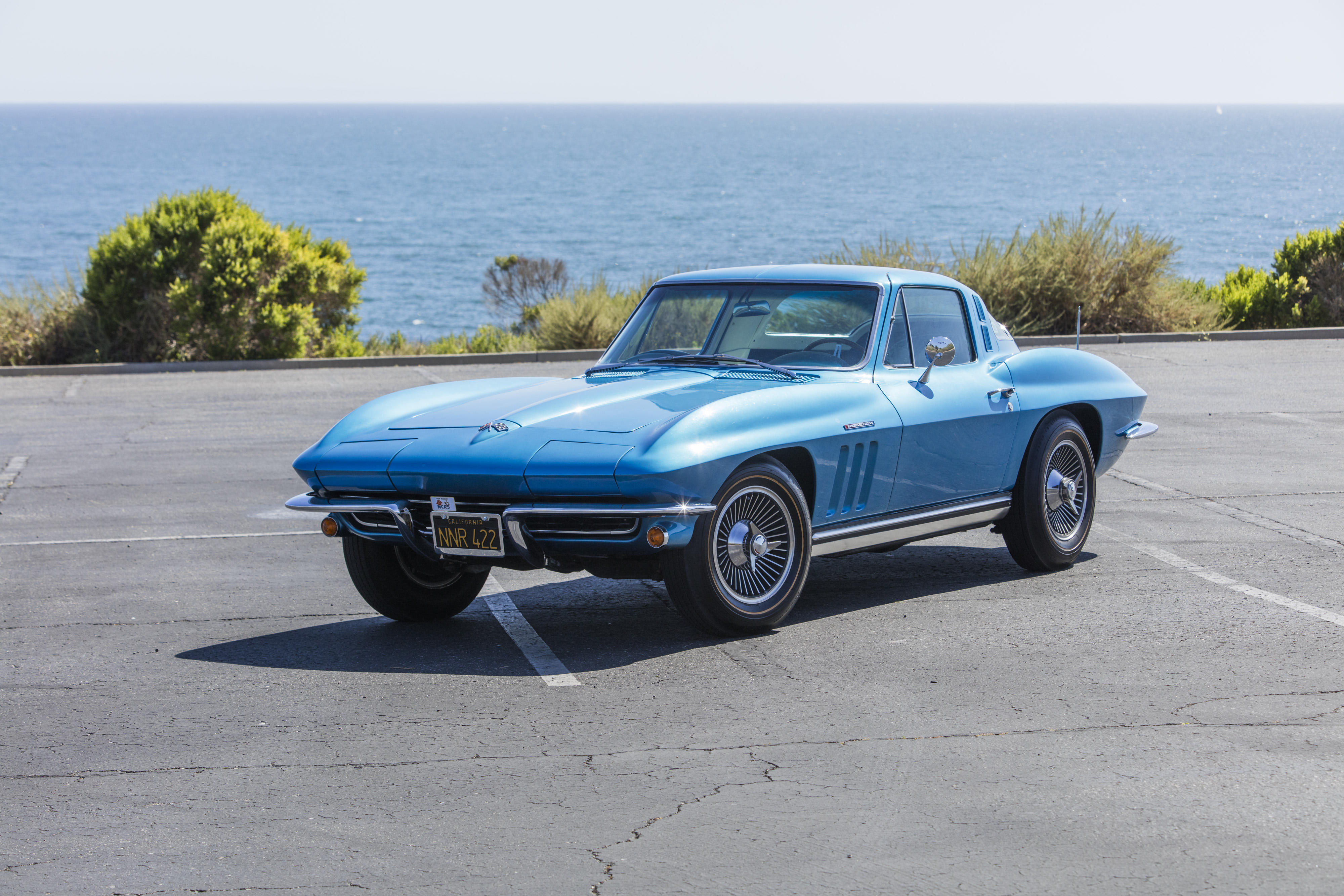


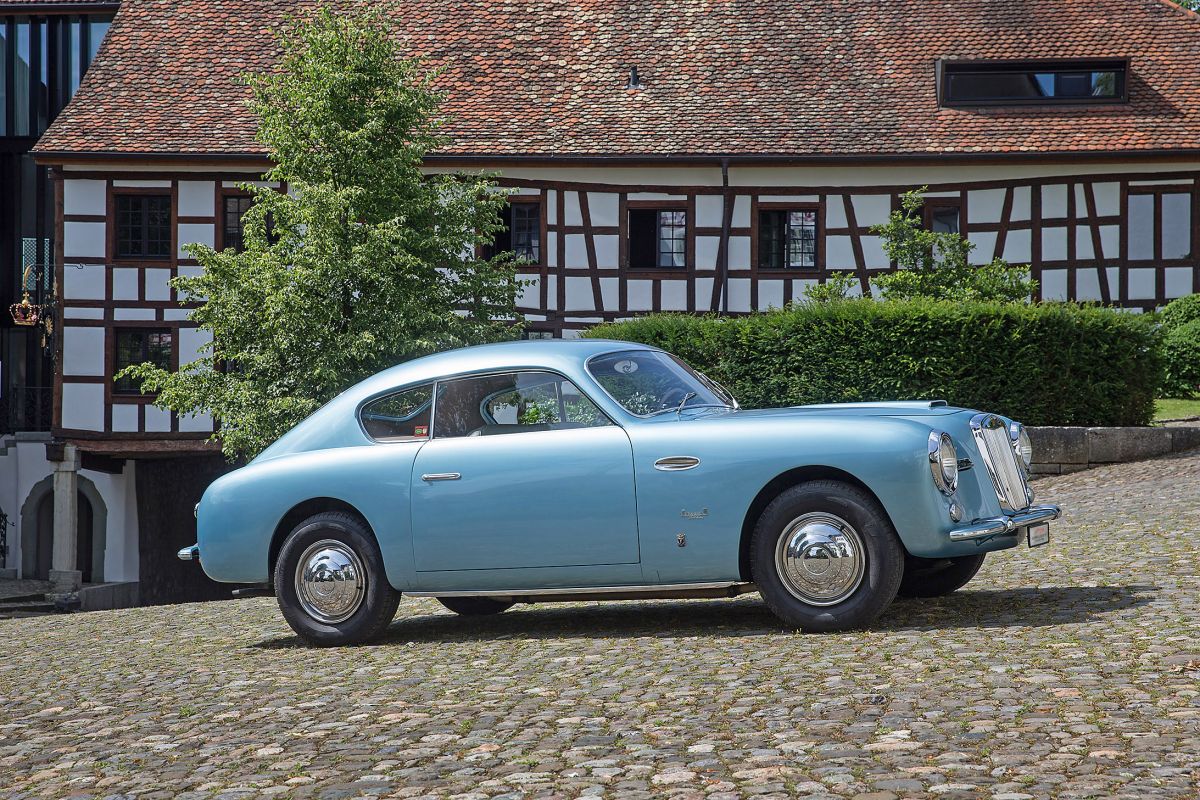
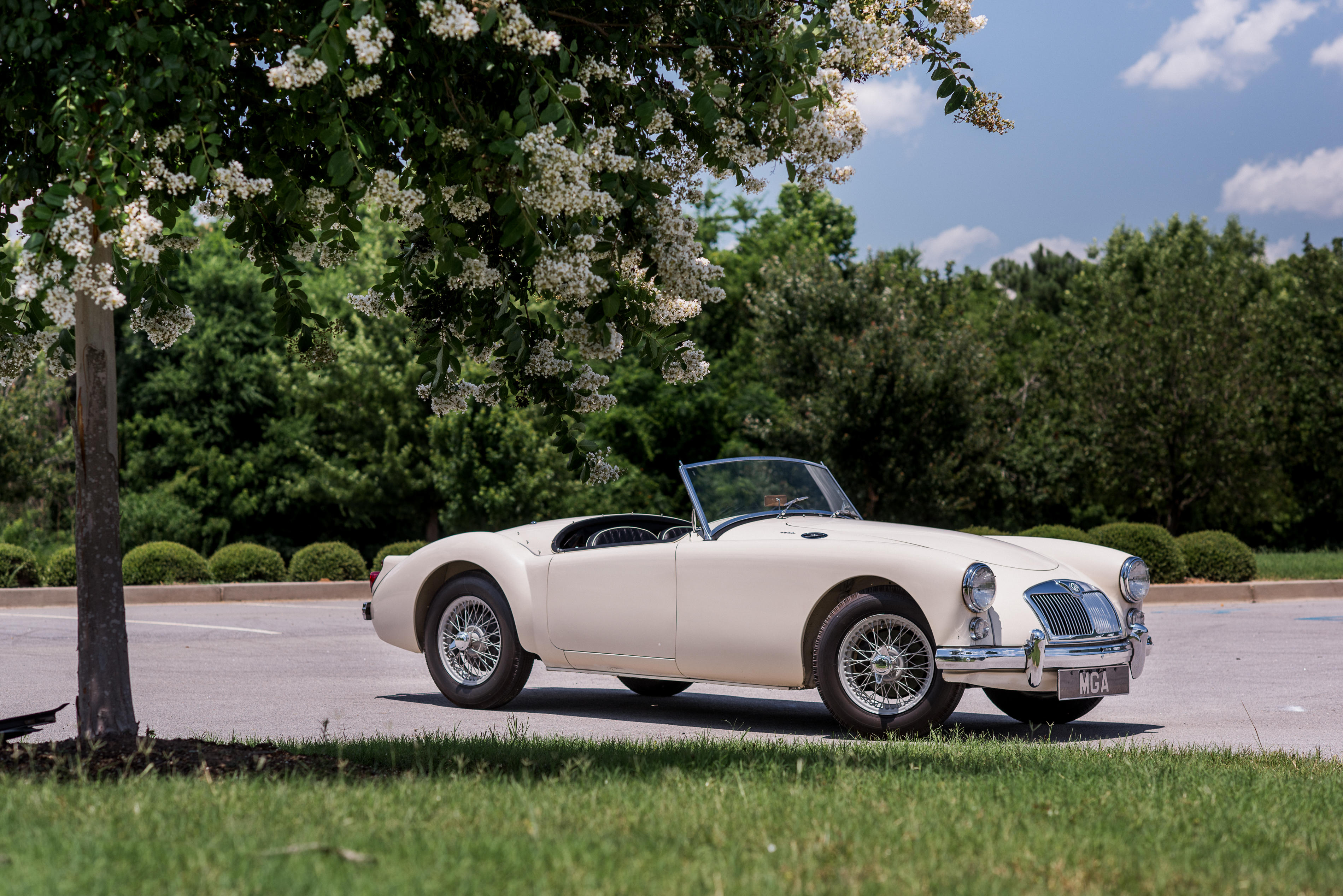
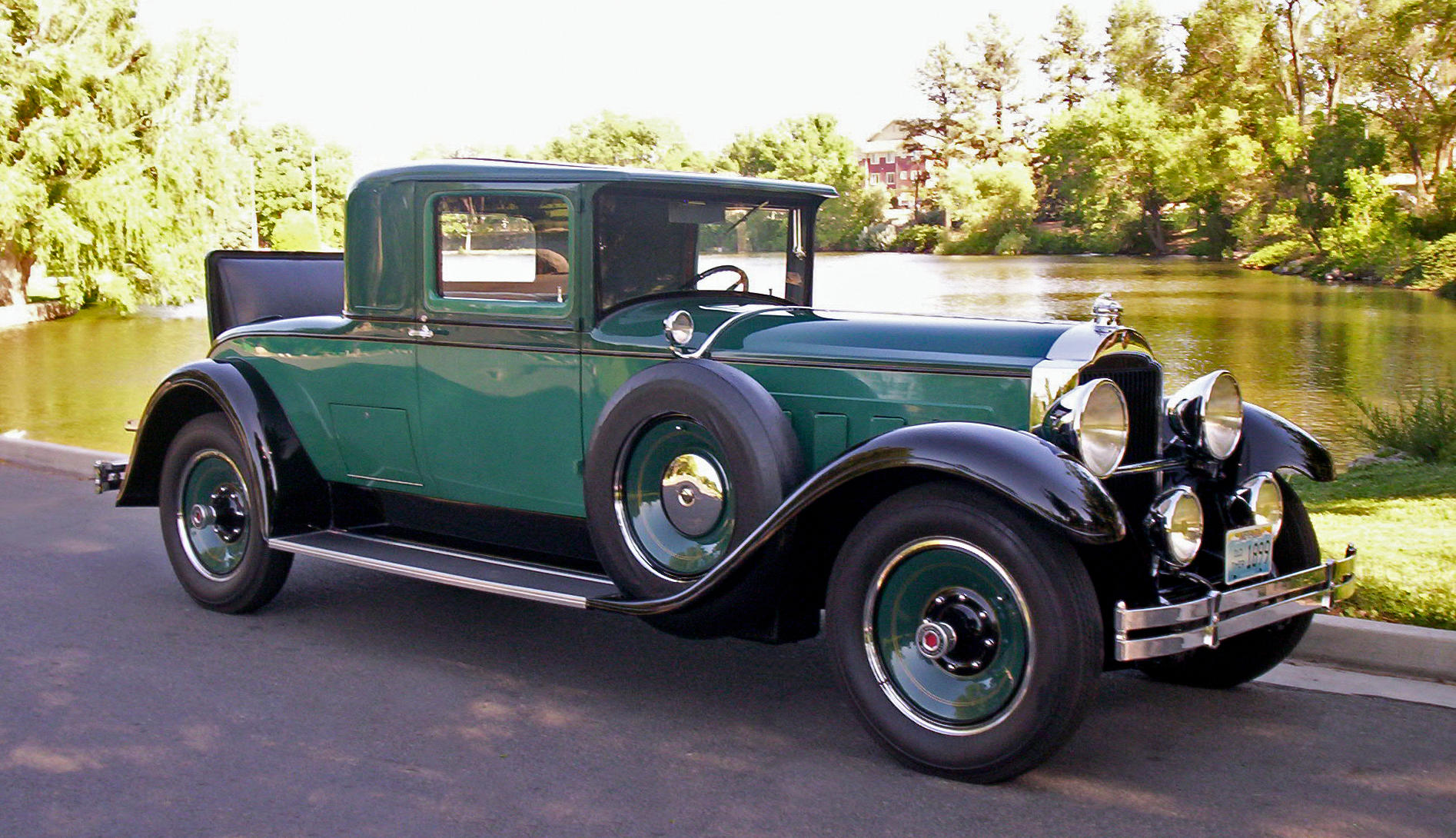


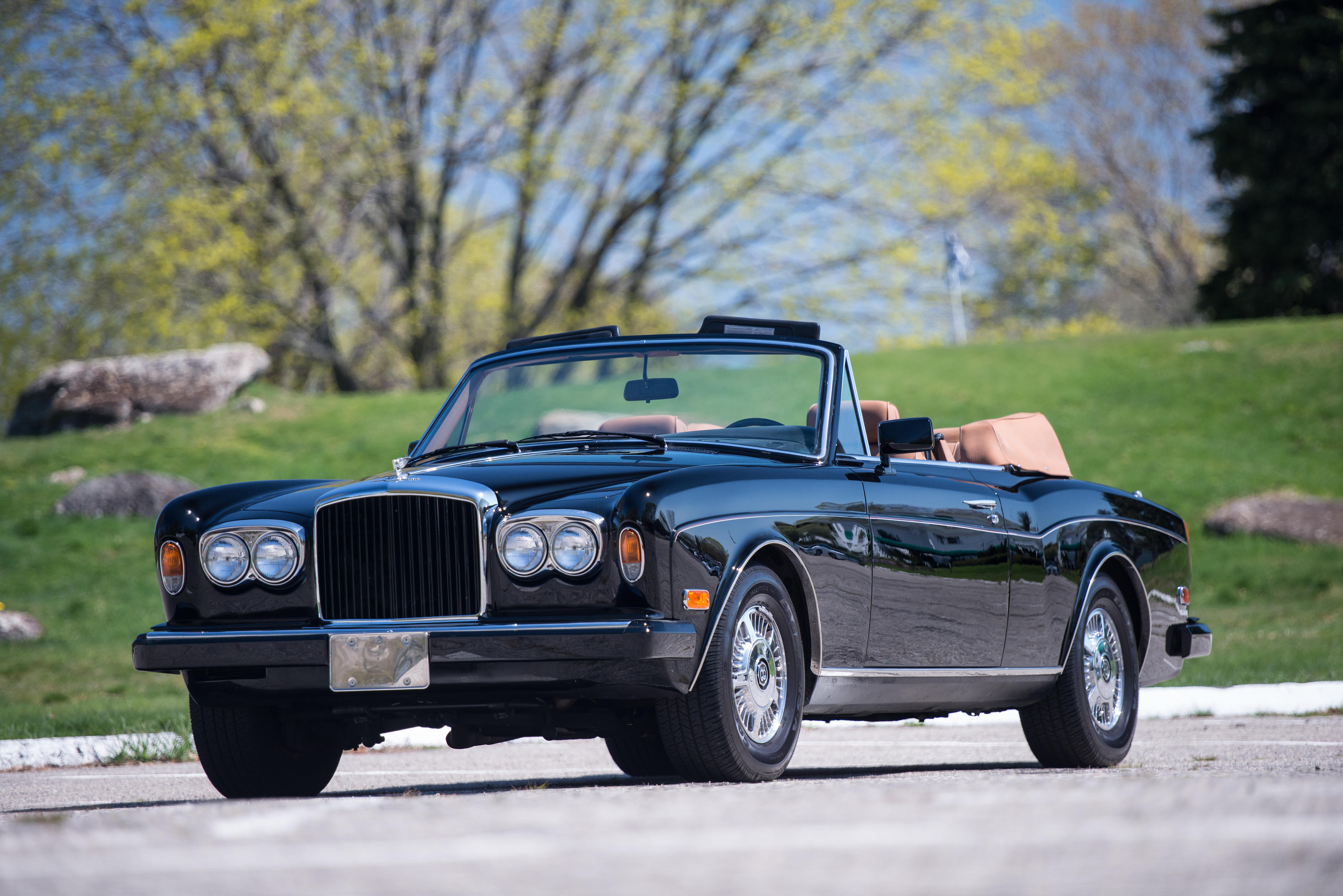


Testen Sie LotSearch und seine Premium-Features 7 Tage - ohne Kosten!
Lassen Sie sich automatisch über neue Objekte in kommenden Auktionen benachrichtigen.
Suchauftrag anlegen